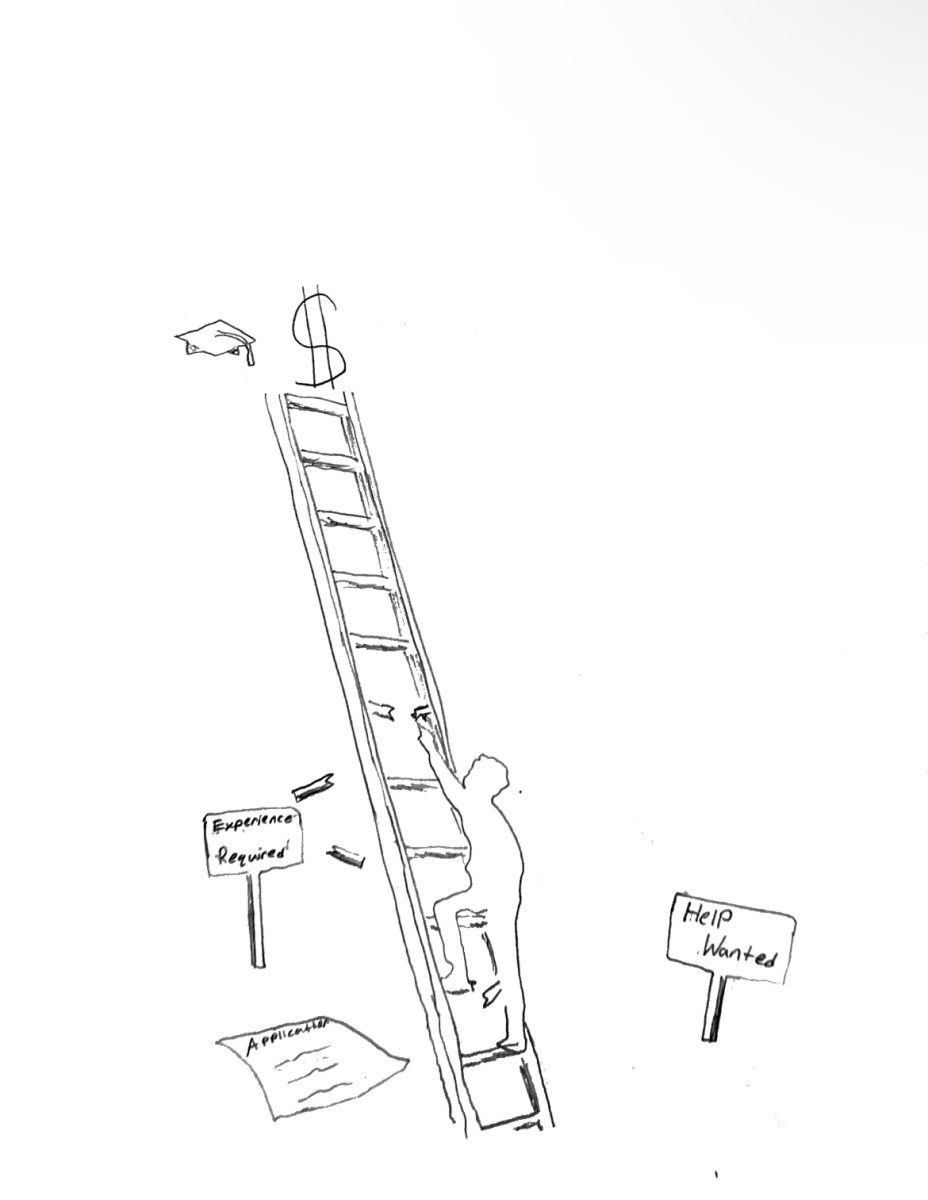When I was in fifth grade, attending school in India, my friends and I discovered a book in the school library that contained some mildly sexual content. Like any ten-year-olds, we found it utterly hysterical and began snickering in class. When our teacher discovered what we were reading, she was apoplectic with rage. To our sheer terror, she spent the rest of the class period screaming at us for our inappropriate behavior, sent a condemnatory letter home to our parents and established a rule that going forward, every library book that we wanted to check out needed her approval first.
This wildly disproportionate reaction to our natural curiosity and amusement about sex sent a message loud and clear: sex was bad—something so dirty and unacceptable that there would be zero tolerance for any discussion surrounding it.
 The general norm in most of India, and in several U.S. states, is to teach kids to abstain from sex until marriage; in doing so, keeping important information about sexual health shrouded in taboo. Not only is this lamentable, but also unethical. According to the Guttmacher Institute, abstinence-only programs threaten basic human rights, stigmatizing human sexuality and providing medically inaccurate information. There is also no evidence suggesting that teaching only abstinence stops or delays sex, but instead increases the risk of pregnancy and sexually transmitted infections (STIs), as teens engage in sexual activity without the necessary safety information. Yet, abstinence still continues to be taught in place of more sex-positive programs, as only 20 states in the U.S. require sex and HIV education to be taught in schools, according to stayteen.org, and the federal government has spent over $2 billion on abstinence-only-until-marriage programs since 1982, according to Planned Parenthood.
The general norm in most of India, and in several U.S. states, is to teach kids to abstain from sex until marriage; in doing so, keeping important information about sexual health shrouded in taboo. Not only is this lamentable, but also unethical. According to the Guttmacher Institute, abstinence-only programs threaten basic human rights, stigmatizing human sexuality and providing medically inaccurate information. There is also no evidence suggesting that teaching only abstinence stops or delays sex, but instead increases the risk of pregnancy and sexually transmitted infections (STIs), as teens engage in sexual activity without the necessary safety information. Yet, abstinence still continues to be taught in place of more sex-positive programs, as only 20 states in the U.S. require sex and HIV education to be taught in schools, according to stayteen.org, and the federal government has spent over $2 billion on abstinence-only-until-marriage programs since 1982, according to Planned Parenthood.
Two years after the book incident, I brought this mindset with me to my seventh-grade science classroom, having just moved to the U.S. I was shocked when our teacher told us that we would be dedicating the next few weeks to sex education—to talk about the very thing that I was taught to never talk about, especially around adults.
On day one, we each received a blue book titled “Love and Sex in Plain Language,” by Eric W. Johnson. While just two years ago, in India, I had been chastised for looking at a book containing a mere hint of sexuality, here was a 224-page book dedicated entirely to it that I was actually required to read for homework. It discussed everything from human anatomy, puberty and the physiology of intercourse to even more taboo topics such as abortion and masturbation. I’ll admit, in my entire career as a student, this book is still the only reading assignment I didn’t procrastinate on.
Throughout the unit, in addition to the reading material and in-class lessons, my teacher let us submit questions anonymously and spent the last ten minutes of each class answering them. In a mixture of delight and embarrassment, we giggled as she opened our slips of paper and answered questions about 69, masturbation and as per someone’s anonymous request, even told us what semen tasted like.
Sex education was transformative in two ways: for the first time in my life, I got answers to questions I had always been too afraid to ask, and secondly, it made me realize that sex wasn’t inherently wrong. It was liberating to be in an environment that acknowledged how curiosity about sex was natural, and worked hard to provide us with the facts. Most importantly, the conversation was led by a teacher in a safe, educational setting, ensuring that we got our information from a reliable source and not from other obscure mediums.
Unfortunately, most teens do not experience such a wholesome sex education. According to The United Nations Educational, Scientific and Cultural Organization (UNESCO), only 34 percent of young people worldwide know about HIV transmission and prevention. Also, two out of three girls in certain countries do not even know what causes menstruation, an issue that was recently highlighted in the Oscar-winning short documentary, “Period. End of Sentence,” which showcased the stigma and lack of education surrounding menstruation in rural India.
UNESCO states that comprehensive sexual health education fosters healthier attitudes toward sex, empowers people to make informed decisions about relationships and helps them “navigate a world where gender-based violence, gender inequality, early and unintended pregnancies, HIV and other STIs still pose serious risks to their health and well-being.”
It is only through implementing sex education programs in schools around the world that we can eliminate the unnecessary cultural taboo surrounding sex. It is a reliable way of giving young people the information they deserve on how to stay safe and be empowered by their sexuality. It’s time to start a global conversation—in the eloquent words of Salt-N-Pepa, let’s talk about sex, baby.







